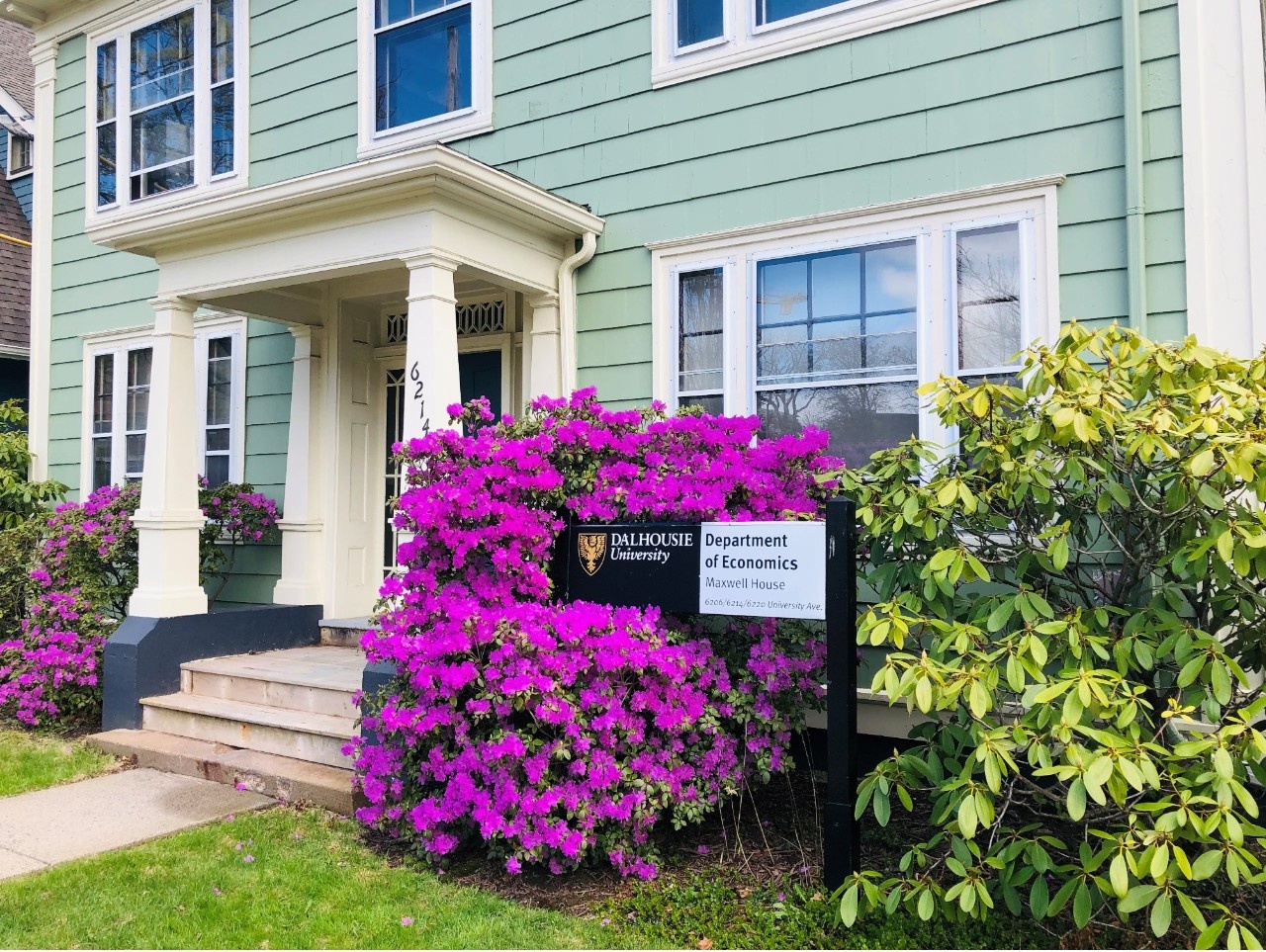Lisa Roberts
Lisa Roberts MDE 2002

In the legislature, when we are debating the path forward for our sometimes struggling province, I find myself reaching for concepts that I learned during the MDE program
Enrolling in the MDE program in 2001 was my way to come back to my chosen home - Halifax - after six years post-undergrad working and sometimes drifting between Newfoundland, Guatemala and Toronto. I bought a house before finishing my thesis to make sure I wouldn’t leave, and now I represent that same neighbourhood as a Member of the Legislative Assembly (MLA). I was elected in a by-election in 2016 and re-elected eight months later in the general election with the New Democratic Party.
Being a politician is truly a great job for a generalist, and I have a good amount of general experience. After I graduated in 2003, I left my fleeting understanding of regression analysis behind, but held gratefully onto my ability to read balance sheets, differentiate between capital and operating expenses, and use Excel. I worked primarily as a journalist until, after a second maternity leave, I began doing non-profit and community work. Now, as an MLA, I juggle constituency work, seven critic portfolios, and membership in legislative committees.
In the legislature, when we are debating the path forward for our sometimes struggling province, I find myself reaching for concepts that I learned during the MDE program. For example, I recently dived into CANSIM tables from Statistics Canada for the first time in more than a decade - to find that, measured by the Gini coefficient, Nova Scotia has a more unequal income distribution than Canada. In the Public Accounts committee, I question the opportunity cost of investing in more highway interchanges when we do not keep up with the maintenance of the rural roads and bridges that actually connect communities. I wonder at the current government’s single-minded pursuit of export-led development - in the form of lobsters flown to China and tourists flown from Europe - and the unexplored potential of import substitution. I mourn the reduction, due to policy decisions, of film industry jobs with their sizable economic multiplier and moderate carbon footprint.
I hope to one day be part of an NDP government and put my economics background to work in a new way. Nova Scotia’s biggest challenge is demographic - with an aging population and inadequate immigration - but its potential and beauty are tremendous. I feel lucky to raise my family here.
Of course, we will be affected by the biggest challenge facing us all: climate change. I follow and appreciate the arguments for doughnut economics (by Kate Raworth) and circular economics and wonder when, at a provincial level, we will get serious about making the huge transition required.
If I hadn’t studied economics at HÂþ», I would have studied it somewhere at some point, as I grew frustrated seeing how economic arguments were used to thwart calls for positive political change. I’m glad and grateful that when I entered the political arena, I had an economics toolkit at my disposal.
